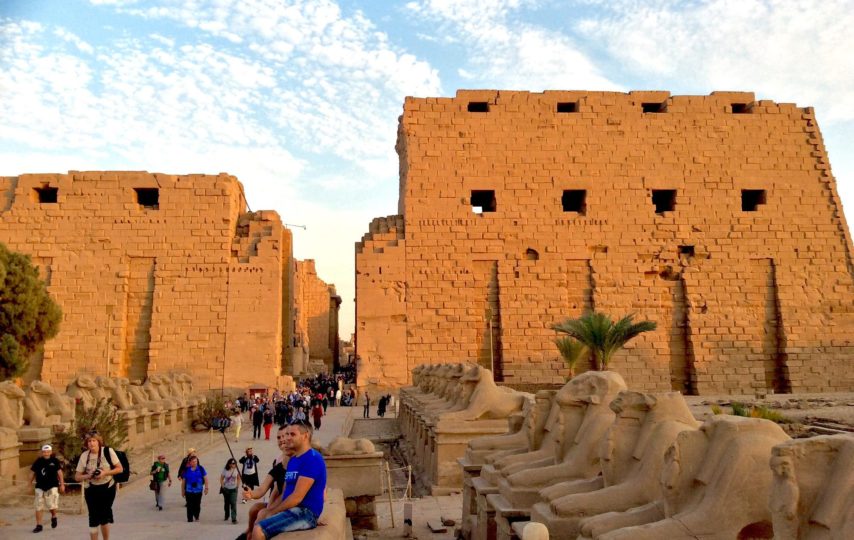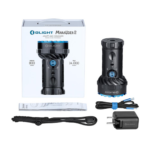Egypt is one of the most fascinating countries in the world and, although there has not yet been the opportunity to cross it on our bike, we spent a few days in Cairo during a stopover, headed to Asia. But the African nation is not just Cairo. It’s Nile, its crystal-clear sea, it’s desert, it’s pyramids, it’s Sinai, and much more. So below I want to suggest what to see in Egypt and best company to book Egypt tours, leaving aside the bicycle for today which can, however, as always, in your future trips to Egypt, be how to combine the various points of interest listed.
What to see in Egypt?
Cairo and the pyramids of Giza
The capital of the African nation is a busy and congested metropolis, but it has many attractions that are worth a visit and a unique atmosphere to experience. The unmissable destinations in the city are certainly the Egyptian Museum of Antiquities in Tahir Square and the plain of the pyramids of Giza with the Sphinx. But this is only the beginning. Personally, I advise you not to miss a tour in the medieval souks of Khan El-Khalili and a walk through the narrow streets of the Old Town of Cairo and the charming Coptic quarter. You can conclude your stay with an evening along the banks of the Nile.
Saqqara
Not far from Cairo, in Saqqara, is the oldest monumental complex in the world built solely in stone. The main structure of the complex is the pyramid of Djoser, a very impressive 6-storey stepped building. Overall, the turquoise ceramic tiles lining the burial chamber and the hieroglyphs inside the Pepi I pyramid are admirable decorations. The museum on site is small but interesting.
The Valley of the Kings and the Valley of the Queens
Located on the western bank of the Nile, not far from ancient Thebes – today Luxor – the two geographical areas are very important archaeological sites where the rulers of the 18th, 19th and 20th dynasties and their wives are buried, respectively. The Valley of the Kings is located on the bed of an ancient Wadi and the best-known and best-preserved tombs are those of Tutankhamun and Ramses VI nearby. The necropolis of the queens, not far from that of their husbands, contains over 70 tombs. In this site the most famous and elegant burial place is perhaps that of Nefertari, wife of Ramses II.
Karnak and Luxor complex
You do not need to go too far from the Valley of the Kings to reach another spectacular archaeological site in Egypt: the Karnak complex with the Great Temple of Amun. The long avenue with the Cryocephalic sphinxes (lion’s body and ram’s head) is a worthy entrance to a majestic complex in which to get lost. Among the wonders that you must not miss are the small temple of Ramses III, the Great Courtyard, and the Obelisk of Theodosius. Not far away are the giants of Memnon that you could reach with a felucca, the typical Egyptian sailing boat.
Abu Simbel
Down in the deep south of Egypt, in what was once called Nubia, not far from the border with Sudan, stand the majestic temples of Abu Simbel, a UNESCO World Heritage Site. Aswan which created Lake Nasser also threatened these temples which were located below the current water level. The temples, thanks to the intervention of the international community, were saved and the hill was literally cut to pieces, moving the location of the buildings 65m higher. My advice is not to limit yourself to a touch-and-escape visit, stop a night or two in Abu-Simbel to appreciate its slow pace, maybe visit Lake Nasser for birdwatching.
Aswan
The city is located almost 1000 km south of Cairo and for this reason its climate is ideal even in winter. Aswan has a more human dimension than the capital and is the ideal gateway to the temples of Abu Simbel but beyond that it is the right mix of culture and nature to be explored. Among the places not to be missed are the temple of Philae to be reached by boat, the Agha Khan Mausoleum, and the Monastery of San Simeon but then you can relax by taking a trip in felucca or a Nile River cruise or walking along the Nile. L ‘ Elephantine Island is another interesting destination around Aswan: here the most ancient Egyptian settlements have been found, dating back to 4000 BC
The Nile
All the goals listed so far have only one common denominator: the great river. We cannot talk about Egypt without associating it with the mythical watercourse that crosses it, both for a historical reason and for a geographical reason. Discovering the country with a boat trip along its main river will give you a different point of view and above all it will give you the space to rest and to think, slowing down the often-hectic pace of a holiday. You will never forget the fun you get on Nile cruises, so do not miss it at all. The bike has been shelved for this time … the boat could be the perfect way to replace it!
Colored Canyon in Sinai
Moving away from the river axis, another particularly popular area that cannot be missed among the things to see in Egypt is the Sinai Peninsula. Among the natural wonders of this eastern part of the country there are, in addition to Mount Sinai, the canyons. Trekking is the main activity, and the two best known canyons are the White canyon and the Colored canyon. The second, which reaches heights of up to over 40m, has a varied territory with sandstone rocks ranging from yellow to magenta. You can visit the canyon by following a guided tour. Further south, the White Canyon can be reached by 4×4 and the high limestone content has made it the perfect counterpart to its northern twin.
Ras Mohammed National Park
It is the best-known national park in Egypt thanks to its magnificent crystal-clear waters, in which it is a diving paradise. The park is located between the coral reef of the Red Sea and the desert hinterland of the Sinai, not far from the tourist resort of Sharm El Sheikh. The most famous locations for diving are reef Shark and Yolanda but each spot is good for excellent sightings. Among the wonderful animals that populate the area there are tuna, barracuda, sharks, and countless species of coral: a must for lovers of the underwater world. Other great places to discover the coral reef are on the Red Sea coast near Hurghada.
The desert
Most of the Egyptian territory is covered by desert and making a journey in close contact with this ecosystem, hard and at the same time wonderful, can be an unforgettable experience. The unchanging landscape in time and space, the breathtaking sunsets, the night skies dotted with stars … all this is everyday life for the Bedouins but becomes magic for those who experience it for the first time. The only thing you must watch out for is love at first sight: if it catches you, you will not be able to help but go back, come back, and come back.













